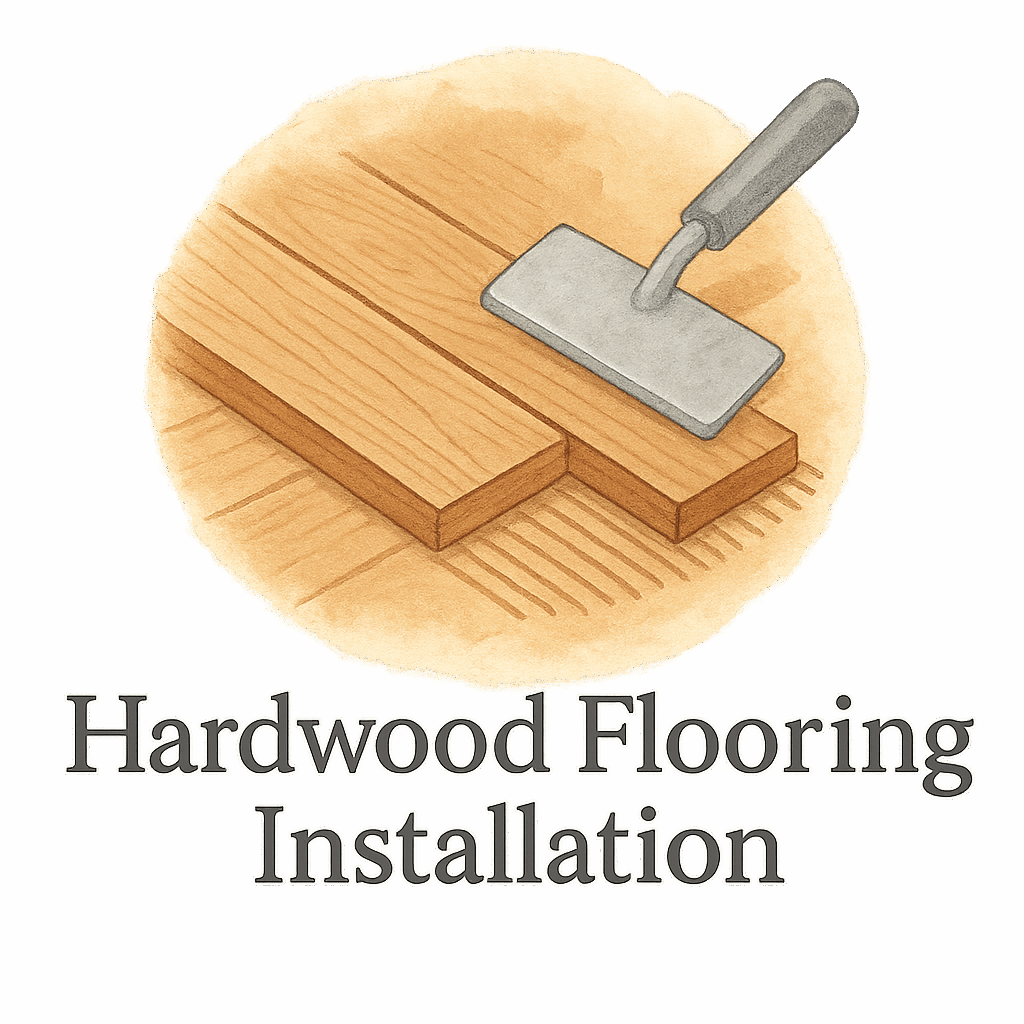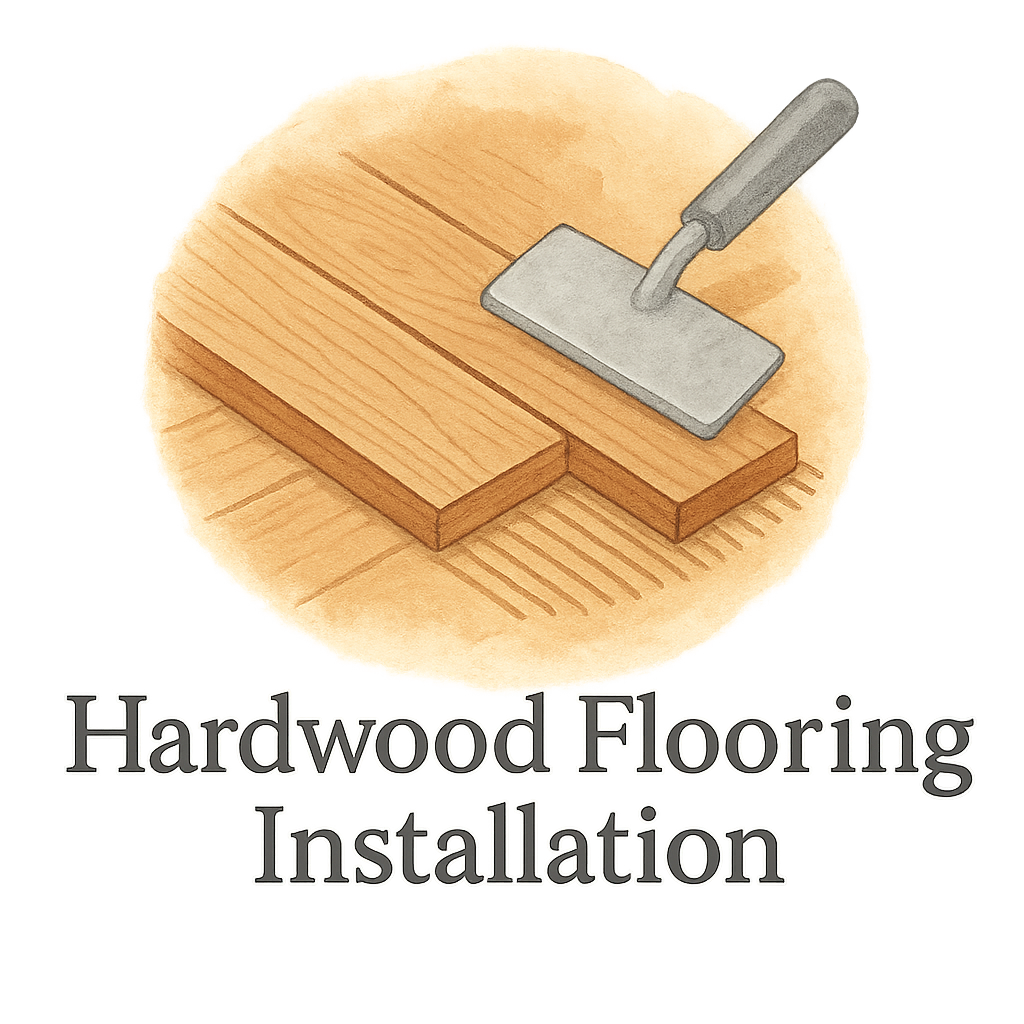Installing hardwood floors isn’t just a weekend DIY job—it’s an art. And like every great artist, you need the right tools. Prepping your floor is arguably the most important step in the process. Get it wrong, and your beautiful hardwood might creak, warp, or look totally off. But don’t worry—we’ve got you covered with a list of the 10 must-have tools for prepping flooring before hardwood installation.
Whether you’re a seasoned pro or just starting your home improvement journey, this guide will make sure you’re not walking on thin ice—literally or figuratively.
Why Prep Work is Crucial Before Installing Hardwood
Let’s be real—slapping hardwood down without proper prep is like painting on a dirty canvas. Prepping your flooring sets the stage for a long-lasting, squeak-free, beautiful hardwood installation. It’s not just about looks; it’s about structure, durability, and peace of mind.
Want your floors to last decades? Prepping flooring properly is your golden ticket.
Understanding the Focus Keyword: Prepping Flooring
In case you didn’t catch it, prepping flooring is the star of the show here. That means making the surface perfectly clean, dry, level, and ready to bond with your gorgeous new hardwood.
You’ll also want to check out resources like Flooring Preparation and DIY Flooring Installation to dive even deeper into this essential step.
Tool #1: Moisture Meter
What It Does
Moisture meters are lifesavers. They help you check the humidity in subfloors. Too much moisture? Your hardwood could warp or buckle.
Why It’s a Must
This is non-negotiable. Especially in places with high humidity or older homes. Before you even touch a plank, make sure the subfloor is dry and stable.
Tool #2: Floor Scraper
Removing Old Adhesive or Residue
Got old vinyl, tile, or glue hanging on for dear life? A heavy-duty floor scraper removes sticky residue, making it easier to prep a smooth surface.
Pair this step with advice from Cleaning Tips to ensure your surface is pristine.
Tool #3: Pry Bar
Lift Baseboards Like a Pro
Before installing hardwood, remove the baseboards to allow space for expansion. A pry bar gets the job done without damaging your walls or trim.

Tool #4: Shop Vacuum
Clean Workspace = Clean Results
Dust and debris can ruin an installation. Use a shop vac to suck up all the tiny particles. A clean subfloor = better adhesion and a smoother finish.
Don’t forget to check out our tips on Flooring Maintenance & Repair after the install is done.
Tool #5: Floor Leveling Compound & Trowel
Smoothing Out Uneven Spots
Even the slightest bump can cause major problems later. Use leveling compound and a trowel to smooth out the surface.
Want an idea of how long this might take or cost? Use this Flooring Cost & Time Estimation tool to get a realistic view.
Tool #6: Chalk Line
Laying Out the Perfect Pattern
Getting straight lines in your layout is critical. Chalk lines help you plan your rows and ensure everything is square.
Combine this with insights from our Flooring Layout Tips for flawless results.
Tool #7: Underlayment Tools
Taping & Cutting Underlayment Easily
Underlayment is the buffer between your subfloor and hardwood. Tools like a utility knife, tape, and straight edge help you get clean, accurate cuts.
Want to geek out more? Explore Underlayment Guides for pro-level advice.
Tool #8: Hammer & Nail Set
Minor Repairs Before the Main Event
Fix loose boards, squeaky spots, or minor damages before laying hardwood. A solid hammer and nail set can make all the difference.
Also check the Damage Repair Tag for more troubleshooting ideas.
Tool #9: Belt or Orbital Sander
Prepping Plywood Subfloors Smoothly
If your subfloor is uneven, rough, or has old paint, sanding it down is crucial. This ensures your hardwood sits evenly and stays put.
Tool #10: Safety Gear
Don’t Start Without These
We’re talking gloves, knee pads, eye protection, dust masks—the works. Trust us, it’s not worth risking your health.
Before starting any major DIY flooring project, browse our DIY Safety Tips to stay protected.
Pro Tips for Prepping Like a Flooring Contractor
Avoiding Common Mistakes
Skipping the moisture check or leveling process? You’re inviting disaster. Follow our expert Guide to dodge rookie mistakes.
Saving Time and Money
Having the right tools means fewer trips to the hardware store and less stress. Investing up front saves you in the long run.
Flooring Prep and the Bigger Picture
Planning Ahead
Planning is everything. Measure twice, cut once, right? Don’t forget to schedule and budget properly. Use Planning Resources to help get organized.
Choosing the Best Tools for Your Space
Not every room is the same. Some tools might be more helpful in larger or older homes. Explore our Best Tool Guides for tailored suggestions.
Conclusion
Prepping flooring for hardwood installation isn’t just a step—it’s the step. Get it right, and your new floor will be stunning, sturdy, and stress-free for years to come. With the 10 tools we’ve covered, you’ll be ready to tackle any subfloor like a seasoned pro.
Need extra help? Bookmark Flooring Contractor Plan of BS for pro resources, DIY guides, and expert tips to walk you through every stage of your flooring project.
FAQs
1. Can I prep my flooring without professional tools?
You can, but it’ll be harder and possibly riskier. At least invest in essentials like a moisture meter and scraper.
2. How long does prepping flooring usually take?
It varies. A clean, flat room might take a day. More complex spaces? Add time for repairs and leveling.
3. Do I really need underlayment for hardwood flooring?
Yes! It adds cushion, absorbs sound, and creates a moisture barrier. Check out more underlayment tips here.
4. Can I reuse old baseboards after removing them?
Absolutely. Just be careful with removal using a pry bar to avoid breaking them.
5. Is sanding always necessary when prepping?
Not always, but if your subfloor isn’t smooth or clean, sanding helps ensure the hardwood sticks and lays flat.
6. What should I do if my subfloor is damaged?
Repair it before installing hardwood. Explore maintenance and repair options to find out more.
7. Where can I find more flooring DIY guides?
Start at Flooring Contractor Plan of BS and don’t miss our tags on DIY, tips, and home improvement.
W


